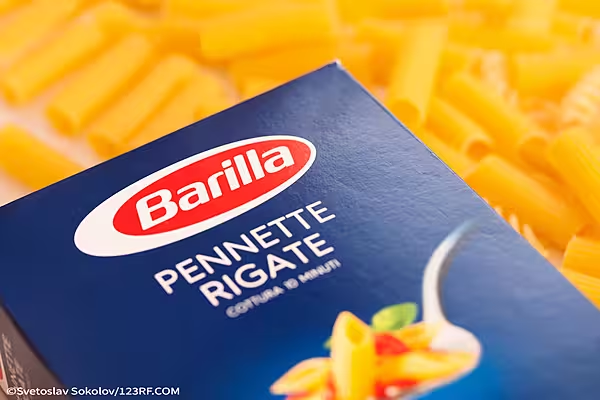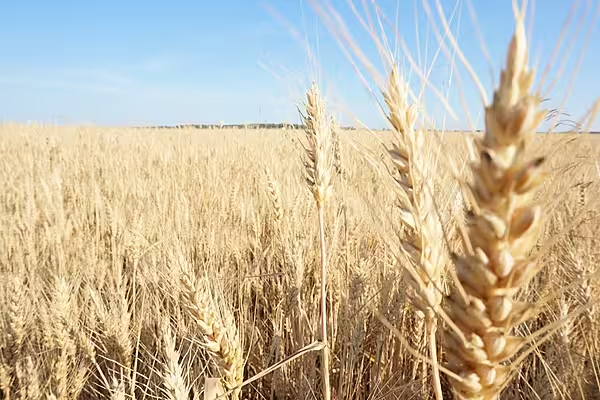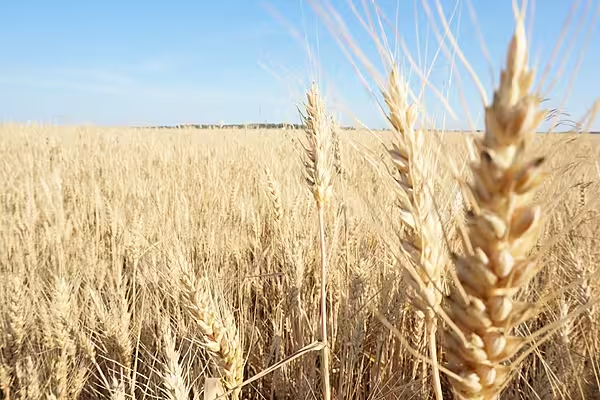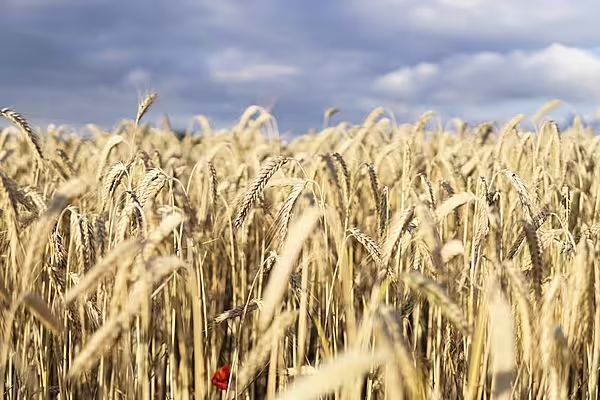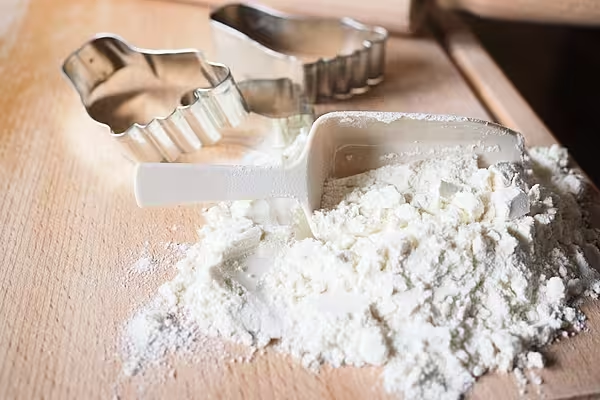Tight global wheat supplies and soaring raw material prices are creating challenges for Italian pasta maker Barilla while also exposing fragility in the food system, deputy chairman Paolo Barilla told Reuters.
"We take food for granted, but some organisations and people work to provide it and it's very fragile. We see this year a lack of wheat production, it can be a very tough period," Barilla, 60, who leads the family-owned company with his siblings, said in an interview ahead of the Swiss Economic Forum.
"We didn't expect that two or three months ago, so that is where the system is fragile. We also start seeing the effect of climate change, it might negatively affect production in our category," said Barilla.
Supply Crisis
Intense heat has withered wheat crops in recent months across the world's most important export hubs, catching trading firms by surprise and leaving buyers facing shortages and potential output cuts at flour mills.
Barilla said the situation was very unstable at the moment and high raw material, energy, packaging and logistics costs left little room for flexibility.
"We are not a very flexible company when it comes to these costs ... there is no way we can absorb them. This year and next year will be very tough," said Barilla, who had a career as a Formula One race car driver before entering the family firm.
World Leader In Pasta
Established in 1877, the company is the world leader in pasta, according to Euromonitor International, but also sells Mulino Bianco biscuits and pesto and tomato sauces. Turnover rose 7% to over €3.89 billion ($4.61 billion) in 2020.
Upgrading its systems is a priority, Barilla said. The company is investing around €1.4 billion between 2020 and 2024 in innovation and development.
It has also made bolt-on acquisitions which, Barilla said, either fit its core business or, as in the case of fresh pasta delivery company Pasta Evangelists, allowed it to discover a new business area.
"Now the part of the learning is becoming more and more relevant because there are so many new food propositions, on delivery, the gastronomy, the recipe, the digital content," he said.
